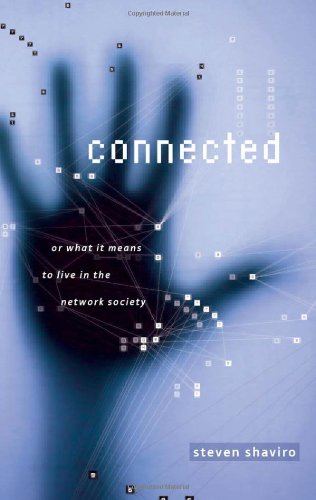

Most ebook files are in PDF format, so you can easily read them using various software such as Foxit Reader or directly on the Google Chrome browser.
Some ebook files are released by publishers in other formats such as .awz, .mobi, .epub, .fb2, etc. You may need to install specific software to read these formats on mobile/PC, such as Calibre.
Please read the tutorial at this link: https://ebookbell.com/faq
We offer FREE conversion to the popular formats you request; however, this may take some time. Therefore, right after payment, please email us, and we will try to provide the service as quickly as possible.
For some exceptional file formats or broken links (if any), please refrain from opening any disputes. Instead, email us first, and we will try to assist within a maximum of 6 hours.
EbookBell Team

0.0
0 reviewsConnected is made up of a series of mini-essays-on cyberpunk, hip-hop, film noir, Web surfing, greed, electronic surveillance, pervasive multimedia, psychedelic drugs, artificial intelligence, evolutionary psychology, and the architecture of Frank Gehry, among other topics. Shaviro argues that our strange new world is increasingly being transformed in ways, and by devices, that seem to come out of the pages of science fiction, even while the world itself is becoming a futuristic landscape. The result is that science fiction provides the most useful social theory, the only form that manages to be as radical as reality itself.
Connected looks at how our networked environment has manifested itself in the work of J. G. Ballard, William S. Burroughs, Philip K. Dick, William Gibson, K. W. Jeter, and others. Shaviro focuses on science fiction not only as a form of cultural commentary but also as a prescient forum in which to explore the forces that are morphing our world into a sort of virtual reality game. Original and compelling, Connected shows how the continual experimentation of science fiction, like science and technology themselves, conjures the invisible social and economic forces that surround us.
One of our most exciting and innovative cultural theorists, Steven Shaviro is the author of Doom Patrols (1997), The Cinematic Body (Minnesota, 1993), and Passion and Excess (1990). He is professor of film studies and English at the University of Washington